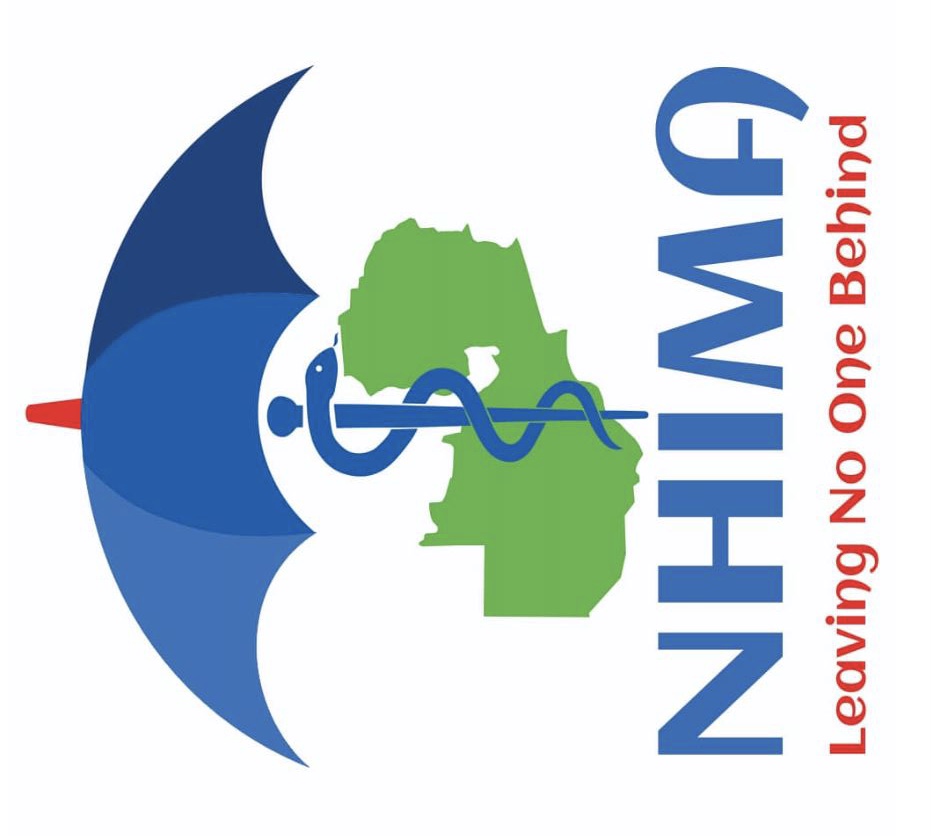Zambia’s Healthcare In Crisis

The National Health Insurance Management Authority (NHIMA) owes private healthcare providers in Zambia hundreds of millions of Kwacha in payment arrears, dating back to September 2024.
This has led to a dire situation where many private healthcare facilities are on the verge of collapse.
Dr Desai has highlighted that this has brought about many concerns some of which is the inability to provide the quality healthcare that people expect and are promised even guaranteed when the register with NHIMA.
Private healthcare facilities may be forced to downsize or shut down, exacerbating unemployment and reducing access to healthcare services. The National Health Insurance Scheme (NHIS) may collapse if private providers are unable to continue offering services.
Dr. Desai added that during engagement efforts, they were informed that NHIMA prioritizes payments to the public sector, and whatever remains is allocated to the private sector causing the private sector to struggle as they try to assist everyone that walks through their doors.
Dr. Desai and the Federation are concerned about the accusations of overbilling, saying such claims are untrue and do not reflect the reality on the ground.
The impact on patients are at the forefront of this crisis as many have expressed concerns about the potential collapse of private healthcare facilities and the impact on their access to quality healthcare. This is causing questions like; is the future of our healthcare system safe?
Dr. Desai's appeal to President Hichilema emphasizes the need for urgent action to address the issue. "We need the President's intervention to ensure the survival of private healthcare facilities and the sustainability of the NHIS," he said. The fate of Zambia's healthcare system hangs in the balance, and immediate action is necessary to prevent a collapse.
The NHIMA payment arrears issue is a ticking time bomb that threatens the very fabric of Zambia's healthcare system and it is imperative that stakeholders take immediate action to address the issue and ensure the survival of private healthcare facilities as it is meant to work both hand in hand with the public sector showing that one cannot do without the other, for the future of the Zambian healthcare system depends on it.
